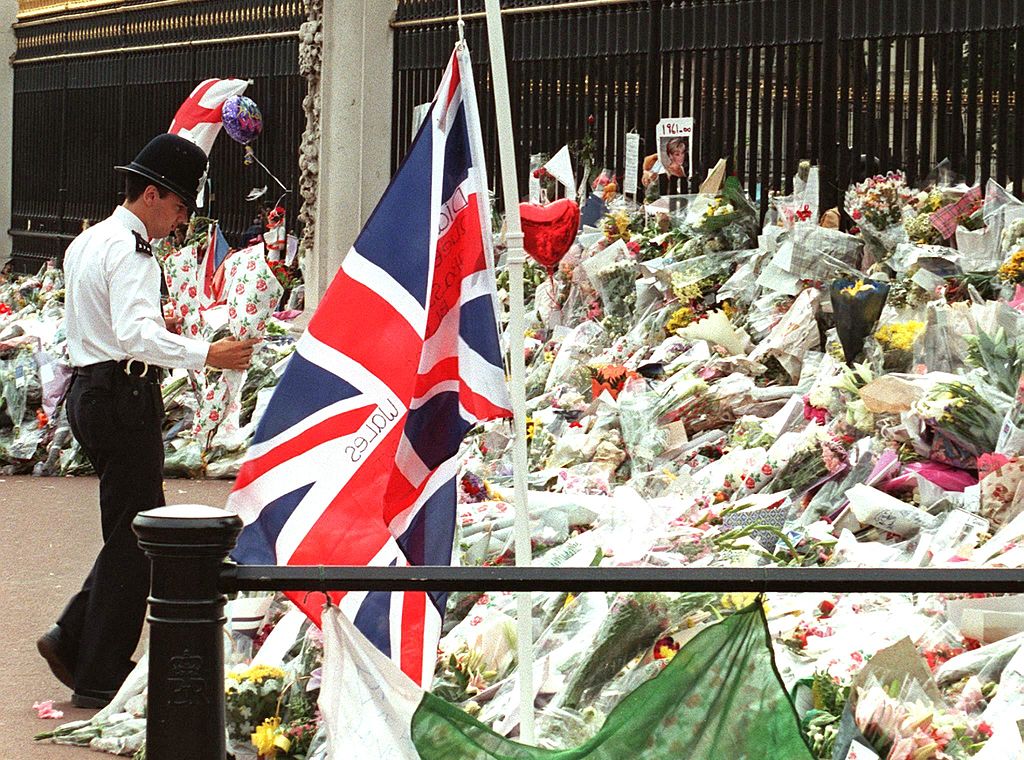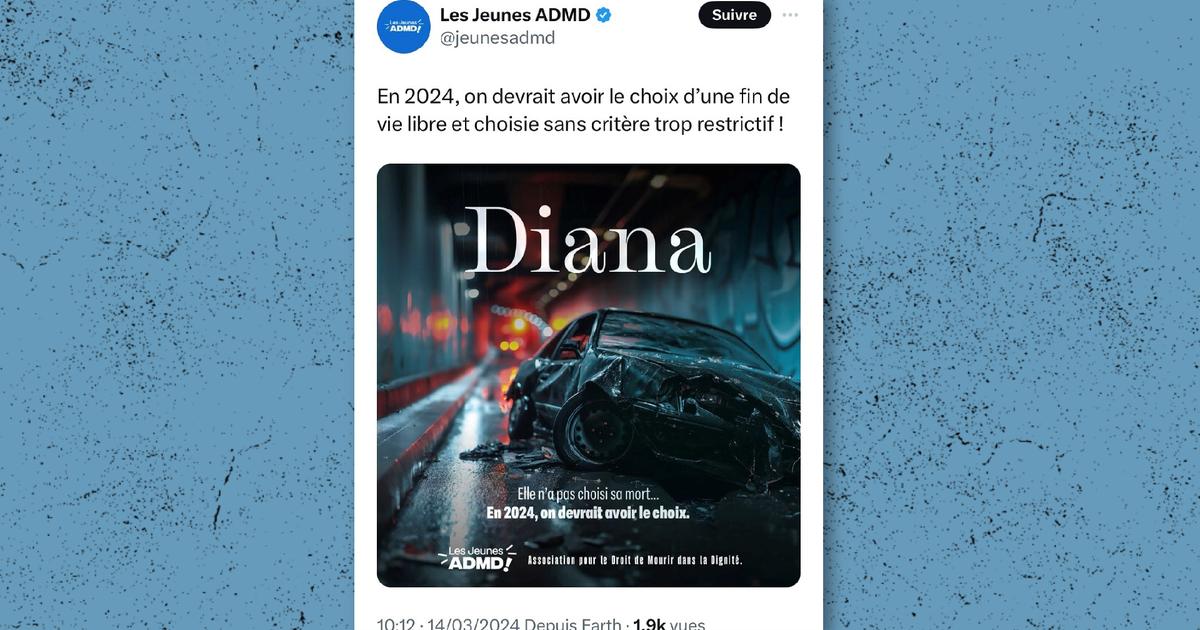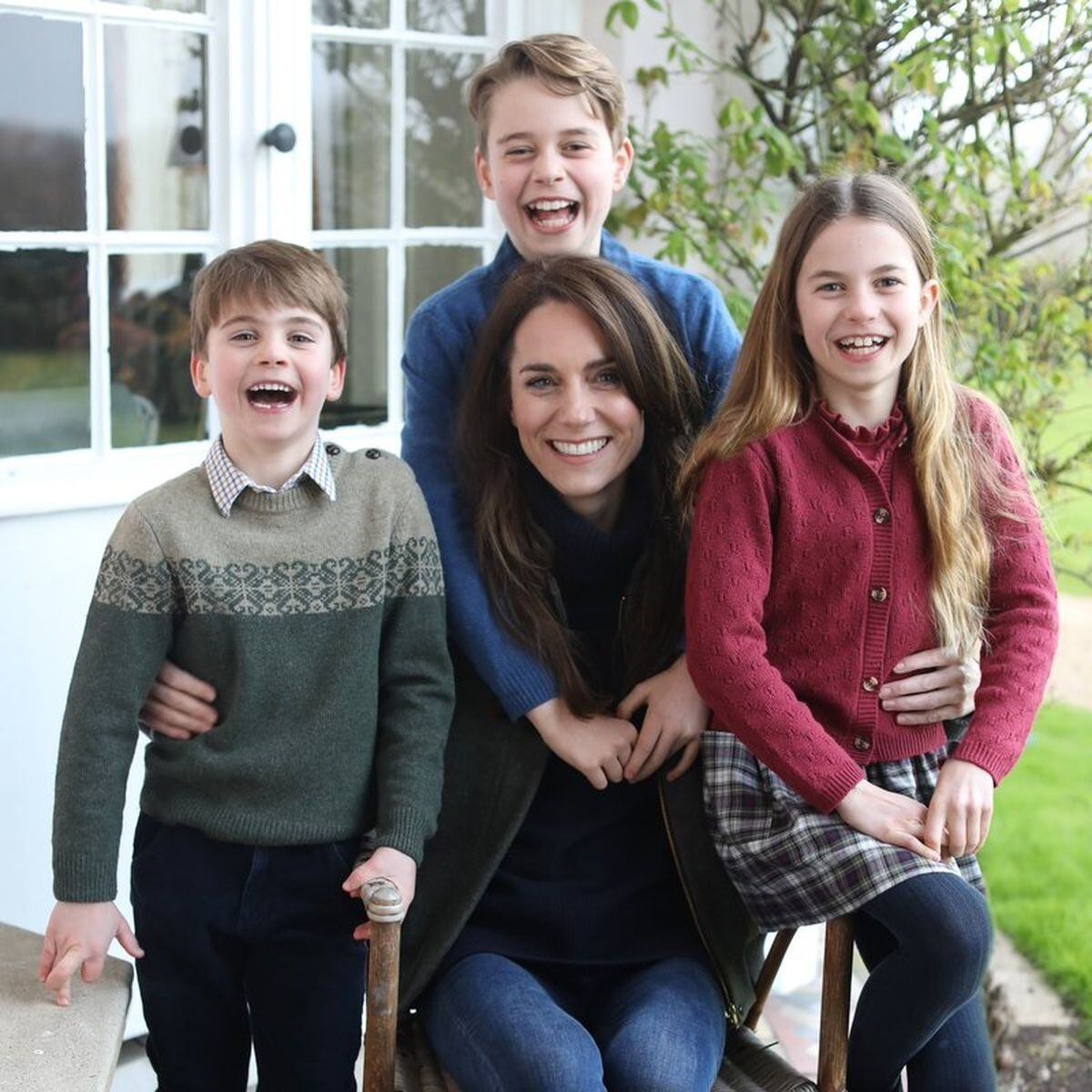25 years after the death of Princess Diana, her legacy lives on 1:14
(CNN Spanish) --
His death shocked the entire world and was one of the most memorable events in popular culture in the 20th century: there were endless doubts, conspiracy theories and unprecedented questions about the British royal family.
Twenty-five years after the tragic accident that ended the life of Princess Diana of Wales, the question seems to have not been answered and is always the same among her admirers.
How did Lady Di die?
Never-Before-Seen-In-Public Photograph Shows Princess Diana in a New Light
In the following years, several investigations determined what could have caused the traffic accident that occurred in the early hours of August 31, 1997 in the streets of Paris, in which the princess lost her life hours later due to the serious internal injuries she suffered. .
On the 25th anniversary of his unexpected death, we review the conclusions reached by the reports of both the British and French police, we tell you what is known so far and the madness that his death unleashed in the United Kingdom United Kingdom and the rest of the world.
The tragic accident in Paris
The wreckage of Princess Diana's car is lifted into a truck on August 31 in Paris' Alma tunnel.
Princess Diana died a few hours after the accident at the Parisian hospital of La Pitie-Salpetriere from her injuries.
(PIERRE BOUSSEL/AFP via Getty Images)
According to press reports that day, Lady Di's last hours were a harrowing flight: the Mercedes in which she was traveling with her boyfriend, Egyptian film producer Dodi al Fayed, her driver and a bodyguard, crashed shortly after midnight in a tunnel along the Seine River after being chased by motorcycle photographers trying to take a snapshot of the princess.
Diana's car was traveling at a speed of 128 to 136 km/h when it hit a concrete pillar in the narrow tunnel of the Pont de l'Alma bridge, less than a kilometer north of the Eiffel Tower.
The Mercedes was crushed like an accordion, police said.
advertising
Princess Diana's car given to her by Prince Charles sells for $72,000
This is what it was like to see Princess Diana in New York in 1995 1:18
Both Fayed and the chauffeur were killed instantly, and the princess's bodyguard was seriously injured.
Diana, who was 36, died in hospital from internal bleeding stemming from serious injuries to her chest, lungs and head, according to doctors.
"An urgent surgery showed a severe wound to the left pulmonary vein. Despite closure of this wound and two-hour external and internal cardiac massage, no official respiratory circulation could be established and she died at 4am Paris time." said Dr. Bruno Riou, an anesthesiologist at Hospital de la Petie Salpetriere in Paris.
Seven photographers – six French and one Macedonian – were arrested on the day of the accident and were held in custody while French authorities carried out the investigation.
Police seized two motorcycles and a scooter believed to have been used in the pursuit.
Investigations point to the driver... and the paparazzi
They turn Diana's apartment into a tourist site 0:49
The death of Diana of Wales unleashed a wave of conspiracy theories that came to point directly to the British royal family, an unprecedented fact.
Questions raised mainly by the lawyers of Mohammed al Fayed, Dodi's billionaire father, who said that the death of Lady Di and her son was part of a conspiracy by the British secret services.
According to al Fayed, the Princess of Wales was pregnant with Dodi and they would soon be engaged.
The British royal family, the owner of Harrod's department store maintained, had been behind the accident to "murder" them and thus cover up "the royal shame" of their relationship.
However, the exhaustive investigations carried out by the authorities in France and the United Kingdom reached a unanimous conclusion: there was no conspiracy, it was an accident and Henri Paul, the driver of the Mercedes in which they were traveling, was driving drunk.
But these investigations failed to quell the rumors, which persist 25 years later.
What exactly did they determine?
Days after the accident, the Paris prosecutor's office concluded that Henri Paul had a blood alcohol level above the legal limit and held him responsible for the accident.
In addition, the report established the high speed at which the car was traveling and that Paul was not a professional driver, but the deputy director of security at the Ritz hotel where the princess and Dodi dined shortly before his death.
For these reasons Lady Di became an unforgettable character
But al Fayed's accusations were persistent, and the Metropolitan Police launched a two-year investigation, which he handed over in 2006. Its conclusion was the same as that reached by French police seven years earlier: there is no evidence that the accident was part of a conspiracy to murder the couple and Diana was not pregnant.
Mohammed al Fayed's lawyers again rejected the results.
In 2008, a jury determined from the investigation of the British coroner Lord Justice Scott Baker that Diana and Dodi died due to the drunken state of the driver Henri Paul and the persecution of the paparazzi.
Contrary to the conclusions reached by the French police, the British justice did consider that the photographers who were chasing the car were a factor that led to the accident.
He also determined that speed and the fact that Diana and Dodi were not wearing seat belts were also defining.
“There have been a number of accusations that have been unfortunate,” said Lord Stevens, who investigated the accident for the Metropolitan Police, after the results of the British coroner were known.
"I just hope this can bring closure to what has been a traumatic event for a lot of people."
But a spokeswoman for al Fayed said at the time that he felt vindicated by the jury's verdict and was surprised that senior members of the British royal family, French police, pathologists and paparazzi, among others, did not. they would have been forced to testify.
A British bobby carries flowers to the gate of Buckingham Palace on September 5 on the eve of the funeral of Diana, Princess of Wales.
Diana died in a car accident in Paris on August 31.
(JACQUES DEMARTHON/AFP via Getty Images)
The madness that unleashed the death of "the people's princess"
Lady Di had a unique ability for ordinary people to identify with her and her death had a very strong impact on British society.
"She was the people's princess and she will remain, she will remain forever in our hearts and memories," said Tony Blair, who was the UK's prime minister at the time.
Thousands of Britons laid bouquets of flowers and candles outside Kensington Palace in London, where the princess had been the official residence.
Prince Charles of Wales, heir to the crown, traveled to Paris to collect her remains while in the United Kingdom the protocols to be followed were debated since Diana was no longer strictly a member of the royal family (Queen Elizabeth II revoked her title after their divorce a year earlier).
On Saturday, September 6, 1997, the entire country remembered the life of Lady Di, who had been an icon of the second half of the 20th century, at her funeral held at Westminser Abbey.
The service was watched by more than 2 billion people on television.
Prince Charles, Prince Harry, Earl Spencer, Prince William and the Duke of Edinburgh (from left to right) follow the coffin of Diana, Princess of Wales, as it is carried to Westminster Abbey for her funeral on June 6. September.
Hundreds of thousands of mourners lined the streets of London to watch the funeral procession.
(JEFF J MITCHELL/AFP via Getty Images)
Grief turned to anger, and that anger spilled over into the royal family, especially Prince Charles.
The life of Diana Spencer, who was popularly known as Lady Di, had been marked by controversy since she married the Prince of Wales: infidelities, her problem with bulimia, her rebellion against royalty and a host of rumors were widely publicized by the press, part of which she herself finally told in a controversial interview with the BBC.
Stalked by the press
Lady Di's brother was the first of the Spencer family to make comments on television after her death: "This is not the time for accusations but to mourn her loss, however, I must say that I always believed that the press would end up killing her. I think all the publishers and all the magazines that have paid selfish and unscrupulous people to take pictures of them and pry into their private lives and have encouraged them to get pictures of Diana, have blood on their hands," he said. Charles Spencer, according to statements collected in the documentary "Diana, the death that shocked the world".
Charles's words were forceful and somehow revealed the dark side of the paparazzi, who constantly persecuted Lady Di, who had a complex relationship with the press, especially in the last years of her life.
Those who resented the consequences even more were their children, William and Harry, who still carry a very large emotional burden after losing their mother while being stalked by the press.
Prince Harry says he drank and used drugs to avoid grief over Diana's death
Image dated November 14, 1992 of Princess Diana leaving the first bookstore against AIDS in Paris.
(VINCENT AMALVY/AFP via Getty Images)
Twenty-five years after her death, a report found that a BBC public broadcaster used deceptive methods to secure an exclusive interview with her mother.
When the report written by retired judge Lord Dyson, who investigated the circumstances in which journalist Martin Bashir obtained and conducted the interview with the princess, was released, William and Harry spoke about the impact the press had on her.
"It is indescribably sad to know that the BBC's failures contributed significantly to the fear, paranoia and isolation I remember from those last few years with her," said William, Duke of Cambridge.
Harry, more than his brother, has maintained a very severe criticism against the media, assuring that the persecution of his mother contributed to his death.
"The ripple effect of a culture of exploitation and unethical practices ultimately took his life," the Duke of Sussex said.
Prince William reacts to BBC interview with Diana 1:10
For CNN royal correspondent Max Foster, Diana knew exactly what she was doing when she approached Bashir, and she didn't back down.
“She had dealt with the press for years.
Like her children and her partners today, Diana lived for years under the 'intolerable' pressure of the media, but she had begun to repurpose it for her benefit, to promote humanitarian causes. that she wanted to defend.
Regardless of the deceitful way Bashir arranged the meeting, it was Diana's sincere honesty and her willingness to speak the truth to her power that moved her to endear herself to the public, ”explains Foster.
Bashir admitted to being "deeply sorry" towards Diana's children, the Duke and Duchess of Cambridge and Sussex, but did not accept accusations that he fueled the princess's isolation and paranoia.
With information from Claudia Rebaza
Lady DiPrincess Diana






